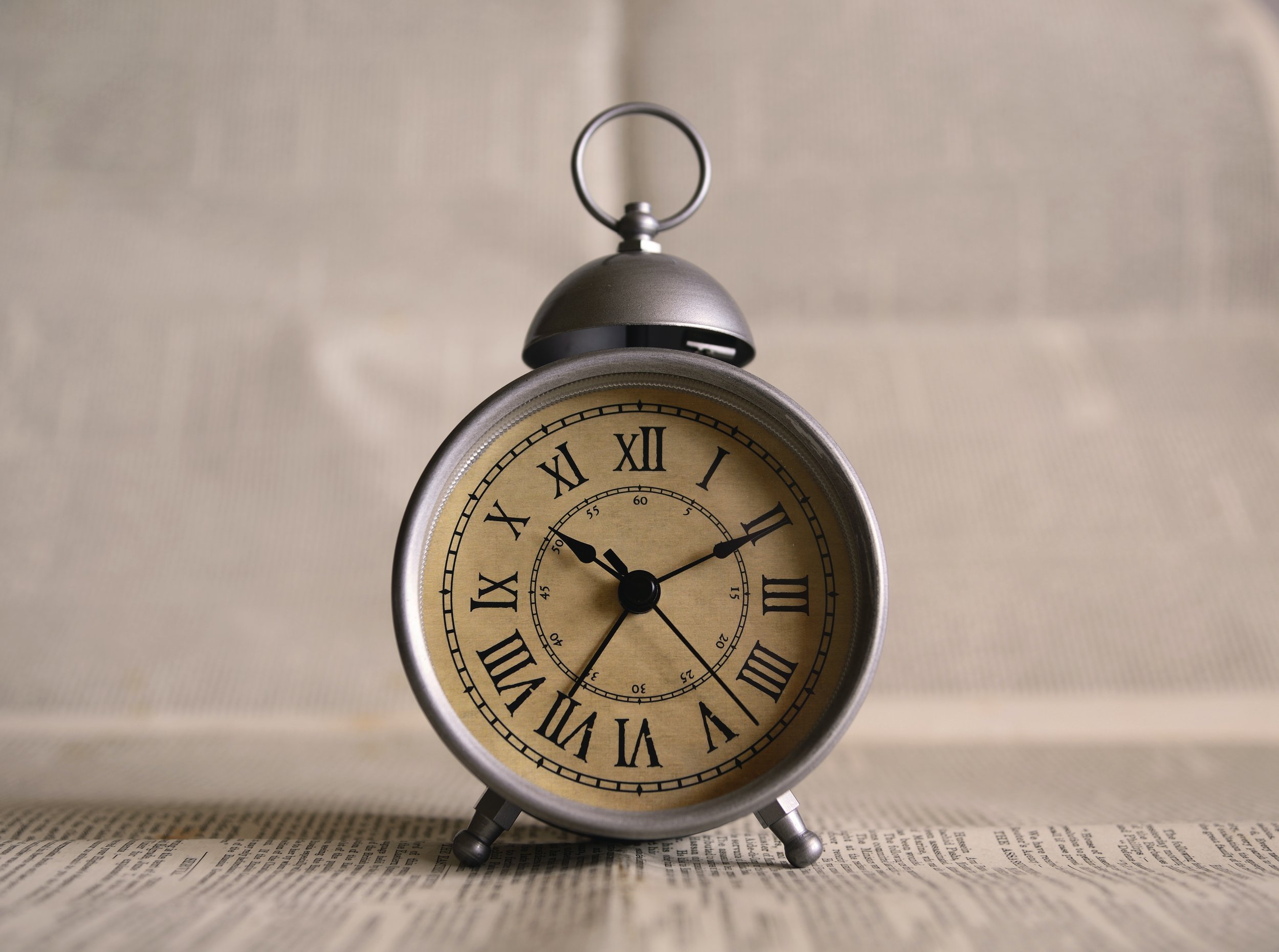Reset Your Internal Clock for Daylight Saving Time
Daylight Saving Time is right around the corner! At 2 a.m. on Sunday, March 12, most states in the US jump forward an hour in time, giving us more daylight in the evening and about an hour more of darkness in the morning.
Every year around this time, the body is thrown off its regular routine after losing an hour of sleep. Get ahead of the game and follow these tips for a smooth adjustment into the time change.
How to reset your body's alarm clock
To promote healthy sleep and prevent the ramifications of losing an hour due to daylight savings, consider following these tips:
1. In the days leading up to the start of DST, go to bed 15 to 20 minutes earlier each night to help prepare your body for the time change. Then, on Saturday, March 12, before the time change, set your clock ahead an hour and go to bed at your regular time. (If you didn't do it this year, keep this in mind for next year!)
2. Don't adjust your wake-up time on Sunday morning after the time changes. After a few days to a week, your body will become acclimated to the new time. Instead, consider taking a short 20-minute nap in the afternoons to help give you more energy. Long naps, however, may leave you feeling drowsier.
3. Avoid alcohol, caffeine and unhealthy meals before bed, especially the Saturday before DST kicks in. These substances cause sleep disruptions that keep you from getting the quality seven to nine hours of sleep you need to maintain physical and mental health.
4. If you're an early riser, go outside the Sunday morning of the time change to get light exposure. Light helps you stay more alert during the daytime, and will reduce your body's production of melatonin, which causes drowsiness.
How daylight saving time affects your body
Your circadian rhythm is your body's internal clock, which follows a 24-hour cycle. It plays an important role in dictating your sleep-wake cycle, and it's heavily influenced by cues from the light and darkness. When daylight saving time kicks in, it can delay your circadian rhythm, causing you to feel sleepier in the morning while it's still dark, and more energetic in the evening as the sun stays up later.
If you've ever traveled to a region with a different time zone than you're used to, you've likely experienced a similar disruption in your circadian rhythm with what we call jet lag. For instance, if you travel from New York to California where there's a three-hour time difference, 9 p.m. feels like midnight to your body, and you're much drowsier than usual.
At first glance, a small change in your routine may not seem drastic. However, studies have shown that disruptions caused by DST can have quite the impact on your sleep habits and overall health if you aren't wary.
Why is this such a big deal?
The average person will sleep around 40 minutes less on the Monday following the start of DST, according to one study. Aside from feeling drowsy, experts have also cited (in more serious cases) an increase in workplace accidents, heart attacks, mood swings and even car crashes after switching from standard time (November to March) to daylight saving time. The best thing you can do for your body is to be prepared. And if you can, take this Sunday a bit easy - your body and mind will thank you.


